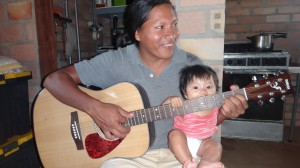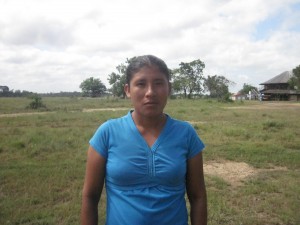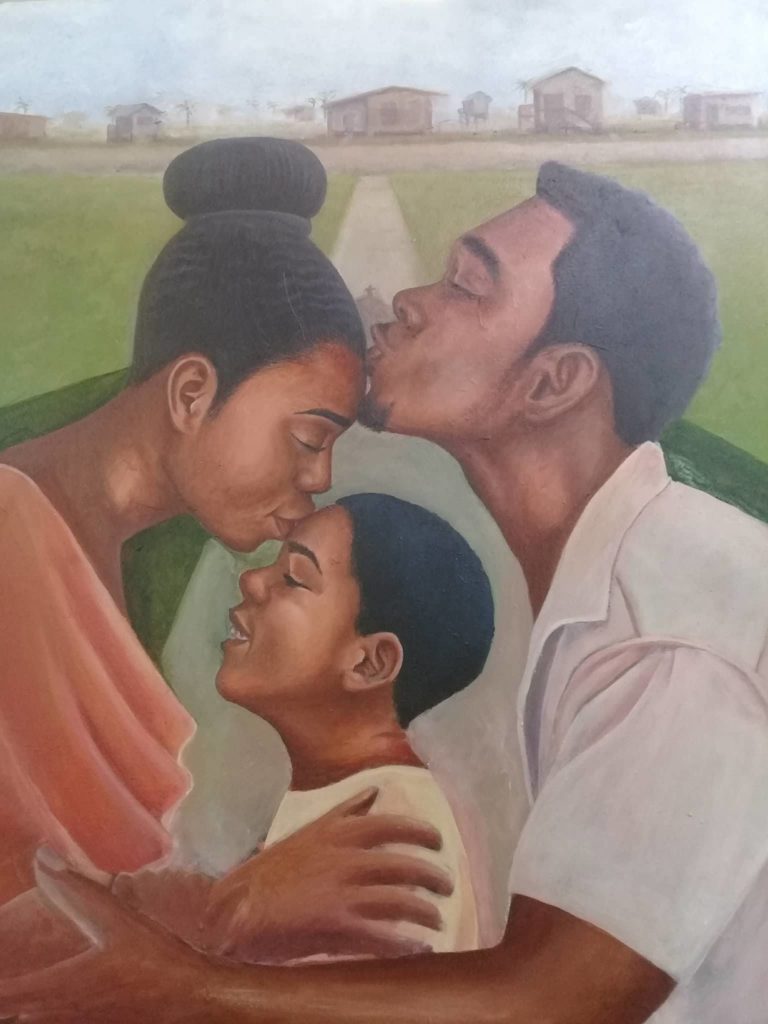In celebration of their indigenous culture, two notable Amerindian individuals spoke proudly to Guyana Times Sunday Magazine about their culture, heritage and projects they are involved in that focus on improving the lives of their families and community members.






Comments are closed.